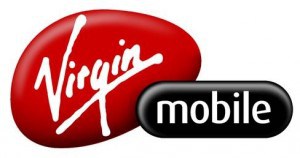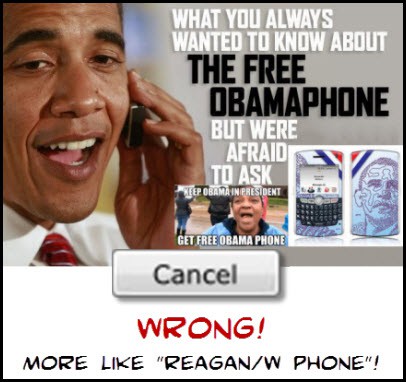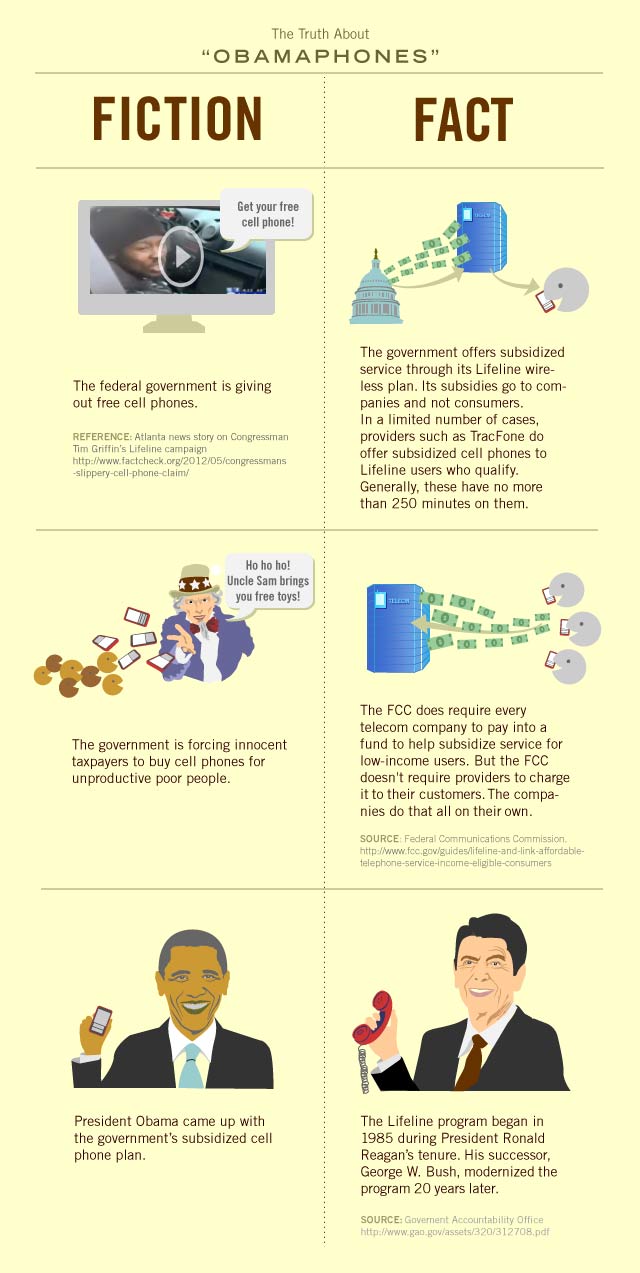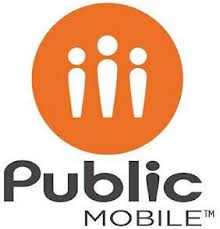 CenturyLink’s massive nationwide broadband service outage on May 7 hurt Florida schools trying to administer online testing, small businesses in Nevada that were forced to close for the day, and frustrated nearly six million customers across both states and in Arkansas, Missouri, Louisiana, Texas, Kansas, Minnesota, Ohio, Wisconsin, Pennsylvania, Colorado, Washington, Virginia, Michigan, Montana, Oregon, Tennessee, and Illinois.
CenturyLink’s massive nationwide broadband service outage on May 7 hurt Florida schools trying to administer online testing, small businesses in Nevada that were forced to close for the day, and frustrated nearly six million customers across both states and in Arkansas, Missouri, Louisiana, Texas, Kansas, Minnesota, Ohio, Wisconsin, Pennsylvania, Colorado, Washington, Virginia, Michigan, Montana, Oregon, Tennessee, and Illinois.
An unspecified router failure disrupted broadband service for up to eight hours, and it could not have come at a worse time for Lee County and Cape Charter Schools in Florida that had to postpone state-mandated tests that are completed by students online.
Dr. Lee Bush told WZVN when things like this happen it is not good for the students or area schools.
“There’s a window of time for these tests and there’s a short period of time left. It does affect us,” said Dr. Bush.
The Las Vegas Sun also found itself without Internet access for much of the day, which also brought the newspaper’s website down. Several area businesses that depend on the Internet decided to send workers home late in the morning after it became clear CenturyLink had no realistic expectation of when service would be restored.
The Clark County School District, which serves Las Vegas, also reported their broadband service was interrupted.
In Illinois, Michigan, and Wisconsin outages created a significant problem for farmers cut off from commodity trading markets during the morning hours.
“An early Tuesday morning in May is definitely not a good time to have a long-lasting service outage for agribusiness,” said Sam Haupmann, who advises small and medium-sized farms on telecommunications matters. “Connectivity is very important for the farm economy these days, and farmers can’t just switch to the cable company or a cell phone. There often is no cable company serving farms and cell phone service can be difficult in rural areas.”

Ask CenturyLink to credit your account for the May 7 outage.
Ed Perrine, the chief of operations of Network Tallahassee, a Florida provider, told the Tallahassee Democrat all of his operations went down in the outage, affecting at least 4,000 customers and the 600 to 700 businesses they serve on the Florida Panhandle alone.
Perrine is not too happy with early reports CenturyLink’s massive outage could have come as a result of botched routine maintenance right before the start of business on a weekday:
Perrine said he spoke with CenturyLink at 6 a.m. where they advised him the company was doing scheduled maintenance. At 7:35 a.m. they told him something had gone wrong during the maintenance and it was affecting customers in 13 states.
By 10:30 a.m., the company advised the outage had spread to 22 states.
Perrine said the company has not told him what is causing the outage, but said that just after 11 a.m., the company advised Perrine that they were in the process of restoring service.
The timing of the update is questionable according to Perrine, who said maintenance is normally scheduled on early Sunday morning so if something goes wrong businesses won’t be affected.
CenturyLink had no plans to issue automatic service credits to affected customers, but you can request a refund for a day of lost service by contacting CenturyLink by phone or e-mail.
[flv width=”640″ height=”380″]http://www.phillipdampier.com/video/WBBH Fort Myers CenturyLink Outage 5-7-13.mp4[/flv]
WBBH in Fort Myers explains how a nationwide CenturyLink Internet outage on May 7 hurt the local economy, affected area schools, and frustrated area businesses and residents. (2 minutes)


 Subscribe
Subscribe Sprint will focus its postpaid wireless business on profitability in 2013, with reductions in customer discounts and a tighter upgrade policy that will raise prices for some and slow down others seeking new subsidized smartphones.
Sprint will focus its postpaid wireless business on profitability in 2013, with reductions in customer discounts and a tighter upgrade policy that will raise prices for some and slow down others seeking new subsidized smartphones.




 Ergen’s vision would include a bundled package of satellite television, broadband wireless Internet and cellular telephone service. Providing suitable wireless broadband Internet in rural areas may be the biggest challenge because of Sprint’s more limited network coverage, but a marketing deal combining satellite television from Dish and Sprint cell phone service would be easier to carry out.
Ergen’s vision would include a bundled package of satellite television, broadband wireless Internet and cellular telephone service. Providing suitable wireless broadband Internet in rural areas may be the biggest challenge because of Sprint’s more limited network coverage, but a marketing deal combining satellite television from Dish and Sprint cell phone service would be easier to carry out. Canada’s three major independent wireless companies have resigned from the Canadian Wireless Telecommunications Association after claiming the group maintained a consistent bias in favor of the three largest carriers in the country.
Canada’s three major independent wireless companies have resigned from the Canadian Wireless Telecommunications Association after claiming the group maintained a consistent bias in favor of the three largest carriers in the country. “We have spent the better part of three years repeatedly voicing our opposition to the CWTA on a wide range of matters to the point of issuing a press release in January 2011 that publicly expressed our dissent on the CWTA’s position on wireless consumer protection,” added Gary Wong, director of legal affairs for Mobilicity. “There seems to be a blatant disregard of the new entrants in favor of acting in the best interests of the big three carriers, and it is unacceptable.”
“We have spent the better part of three years repeatedly voicing our opposition to the CWTA on a wide range of matters to the point of issuing a press release in January 2011 that publicly expressed our dissent on the CWTA’s position on wireless consumer protection,” added Gary Wong, director of legal affairs for Mobilicity. “There seems to be a blatant disregard of the new entrants in favor of acting in the best interests of the big three carriers, and it is unacceptable.”